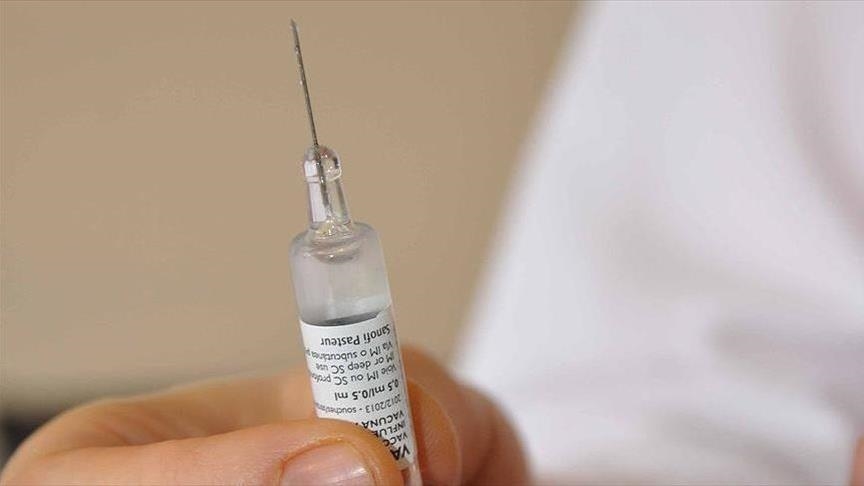Vaccine inequalities may expose world to ‘immunity gap’
Administration of vaccines against COVID has begun in 52 nations while there is no widespread vaccination yet in 142 others

ANKARA
Inequality in access to COVID-19 vaccines may create a dangerous situation worldwide, making it impossible to completely control the virus’s outbreak.
According to the "Ourworldindata" website, 52 countries have begun vaccinating their population while 142 others have not yet begun mass vaccination programs.
Across the world, more than 53.78 million doses of coronavirus vaccines have been administered so far.
Of these, 22.55 million doses have been administered in Asia, 17.75 million in North America, 13.15 million in Europe, 330,512 in Central and South American countries and 7,000 in Africa.
The US with 16.53 million dose of vaccine and followed by China 15 million have become countries that administered the most coronavirus vaccines across the world.
The US has administered vaccines against the coronavirus to more than 16.5 million people, the most worldwide, followed by China, which has vaccinated around 15 million people.
Those countries are followed by 5.70 million in the UK, 3.60 million in Israel, 2.16 million in the United Arab Emirates, 1.30 million in Germany, 1.25 million in Italy, 1,080,000 in Turkey and 1 million in Russia.
Vaccination has not yet begun in 142 countries. No one has been vaccinated yet, except for clinical trials, in 53 countries in Africa, 47 in the Asia-Pacific region, 28 in Central and South America and 14 in Europe.
While this is due to incomplete procedures for the approval of vaccines in some developed countries such as Australia, New Zealand, Japan and South Korea, mass vaccination could not be started due to the inaccessibility of coronavirus vaccines in most countries.
On Monday, World Health Organization (WHO) Director General Tedros Adhanom Ghebreyesus drew attention to the global inequality in access to vaccines in one of his addresses.
Noting that while 39 million doses have been administered in 49 higher-income countries, only 25 doses have been given in a lowest-income country.
"I need to be blunt: the world is on the brink of a catastrophic moral failure – and the price of this failure will be paid with lives and livelihoods in the world's poorest countries," Ghebreyesus said.
The reservation of coronavirus vaccines by high- and middle-income countries through bilateral agreements prevents equitable global access to vaccines.
For example, Pfizer aims to produce 1.3 billion doses of vaccine by the end of 2021, and most of this amount will be allocated to the promised doses under bilateral agreements.
The lack of access to vaccines due to bilateral agreements led to the failure to provide vaccines to the COVID-19 Vaccines Global Access (COVAX) Facility led by the WHO to ensure global equitable access to coronavirus vaccines.
In countries that do not have access to vaccines, it will not be possible to vaccinate at-risk groups such as health care workers, the elderly and chronic patients. This may lead to a continued increase in the number of cases and virus-related deaths in these countries.
Moreover, the absence of immunity from vaccines in many countries could make it impossible to fully contain the global pandemic. This may pose the danger of geographically isolating countries that cannot administer vaccines.
Since December 2019, the pandemic has claimed more than 2.08 million lives in 191 countries and regions.
Over 97 million cases have been reported worldwide, with recoveries now over 53.6 million, according to figures compiled by US-based Johns Hopkins University.
The US, India and Brazil remain the worst-hit countries in terms of cases.
*Writing by Seda Sevencan
Anadolu Agency website contains only a portion of the news stories offered to subscribers in the AA News Broadcasting System (HAS), and in summarized form. Please contact us for subscription options.


